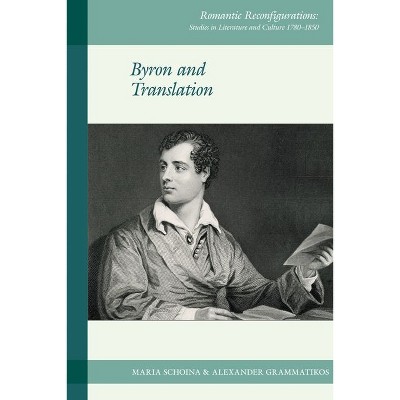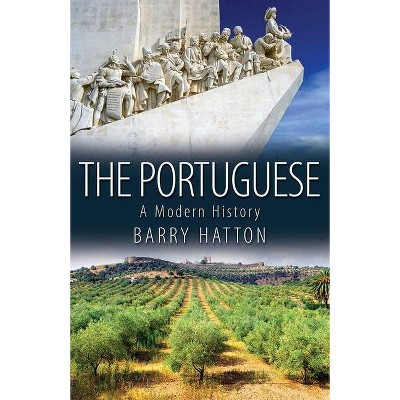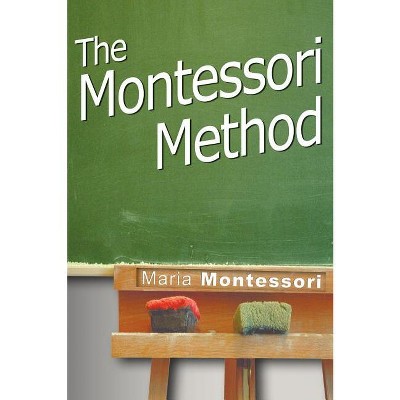The Portuguese Revolution of 1974-1975 - (The Portuguese-Speaking World) by Maria Inácia Rezola (Paperback)

About this item
Highlights
- Portugal is close to celebrating the 50th anniversary of the Carnation Revolution.
- About the Author: Maria Inacia Rezola, PhD in Contemporary History, is Adjunct Professor of School of Communication and Media Studies (ESCS-Instituto Politecnico de Lisboa) and researcher of IHC-NOVA (Instituto de Historia Contemporanea).
- 288 Pages
- History, Europe
- Series Name: The Portuguese-Speaking World
Description
About the Book
As Portugal is celebrating the 50th anniversary of the Carnation Revolution, this book conveys a global and differentiating perspective on the aims and actions of its three main protagonists - the Armed Forces, the political parties and mass social organizations - by close examination of original archival documentation; oral and written primary sources; and government records.
Book Synopsis
Portugal is close to celebrating the 50th anniversary of the Carnation Revolution. While this central moment in contemporary Portuguese history has long attracted international academic interest, there is a dearth of studies that explain the interrelationships between the main issues that singled out this revolutionary moment. The aims and actions of the three main protagonists the Armed Forces, the political parties and mass social organizations are linked in myriad ways: the political role of the Armed Forces; the crisis of state authority; the political justice formulas adopted; the affirmation of civilian political elites; the role of workers and neighbourhood movements, and other forms of popular mobilization; participation of the media in the political struggle; and post the momentous days, the transition from coup detat to revolution. The dominant moments and themes of the Portuguese revolution are relayed by close examination of original archival documentation; oral and written primary sources; and government records. Was military disquiet at the heart of the move toward democracy? Or was the instigator the growing dissatisfaction of the populace with the political class? A prime aim of the book is to view the revolution not only in terms of Portugals global position at the time, especially its historic colonialism, but what all players thought and expressed in the run-up to the 25th of April. Attention is paid to the immediate post-revolution period, and the national, political and military choices made as this unexpected path to democracy took hold.Review Quotes
'Rezola, who is the head of the body overseeing anniversary celebrations in Portugal... provides a well-researched account of the period that historians call the "ongoing revolutionary process", charting the rise and fall of individual actors and groups, and the deepening rifts that led in 1975 the verão quente ("hot summer") of political violence, nationalization, trade union disputes and land expropriations.' Franklin Nelson, Times Literary Supplement
About the Author
Maria Inacia Rezola, PhD in Contemporary History, is Adjunct Professor of School of Communication and Media Studies (ESCS-Instituto Politecnico de Lisboa) and researcher of IHC-NOVA (Instituto de Historia Contemporanea). She has published widely on contemporary Portuguese history having co-edited an eight-volume dictionary on the Portuguese Revolution of 19741975. She has extensive research experience, has led research groups, and organized public exhibitions and conferences.










